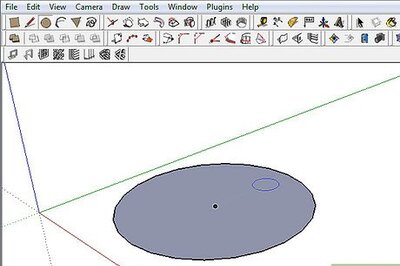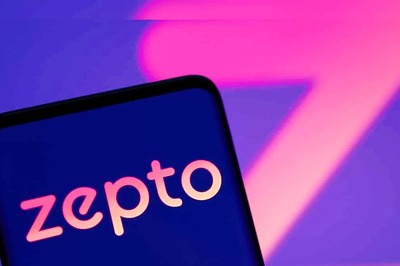
views
You’ve heard about it and now it's going to happen. This year, there won't be an annual full length budget but there will be a Vote on Account or Interim budget, as it is also referred to, instead. So what does Vote on Account mean? Let’s find out.
What is a vote-on-account?
An annual budget is an exercise which the ruling government undertakes whereby it puts forth a report card of its income and expenses in the previous year.
It also puts forth provisions to raise money (from taxes) and spend money (on welfare measures). In doing that, it seeks the parliament’s approval to spend the requisite amount of money. The Parliament then votes for or against the proposals and the finance bill gets passed.
This whole process begins on February 28 when the Finance Minister makes the budget speech and goes on till 31st March, when the bill is passed in the parliament.
Now there might be times when the parliament cannot or does not have enough time to vote the entire budget before the new financial year begins. For instance, if a new government comes into power a few months before February, it may not have enough time to study the fiscal state and announce a budget. So the new government may announce an interim budget in February and a full budget in a few months' time.
Pre-election is also a time when vote on account kicks in. A few months before the elections, a code of conduct comes into play during which the central and state governments cannot announce any major sops to the electorate to prevent any unfair swings in the voting pattern.
Moreover, even if the code of conduct does not come into play, it is regarded improper for an outgoing government to impose on its successor changes that may or may not be acceptable to the incoming government.
When elections are around the corner, like now (elections are likely to be held in April-May), the government can only present a report card of last year’s income and expenses. It can also seek the parliament’s approval for expenses that it foresees for the next few months until the elections are over and the new government is in place.
This exercise is called vote on account.
So what is the difference between Vote on Account and Budget?
A vote on account only talks about the expenses that the government is likely to make during the next few months. A budget in turn also talks about how it proposes to raise the money to meet these expenses. These are normally in the form of tax sops.
When will the budget be held after the vote on account?
During election year, the budget is held after the new government is formed.
Usually the gap between the vote on account and budget does not exceed six months.
When was the first VOA held in independent India?
1952-53
How many times VOA (also called Interim Budget) has been held in India?
Eleven. Out of this, six times, a new government presented a VOA because it didn’t have enough time after coming into power to present a full scale budget.
In the remaining five instances, the outgoing government presented the VOA.
In how many of these five instances did the outgoing government come back to power?
In four out of five instances, the outgoing government came back to power.
Here are the VOAs after which the same government came back to power:
Year FM who presented VOA
- 1952-53 CD Deshmukh
- 1957-58 TT Krishnamachari
- 1962-63 Morarji Desai
- 1996-97 Manmohan Singh
- 2004-05 Jaswant Singh
Which FMs have presented the most VOAs?
Morarji Desai and Yashwant Sinha have both presented two VOAs each
Disclaimer: While we have made efforts to ensure the accuracy of our content (consisting of articles and information), neither this website nor the author shall be held responsible for any losses/ incidents suffered by people accessing, using or is supplied with the content.



















Comments
0 comment